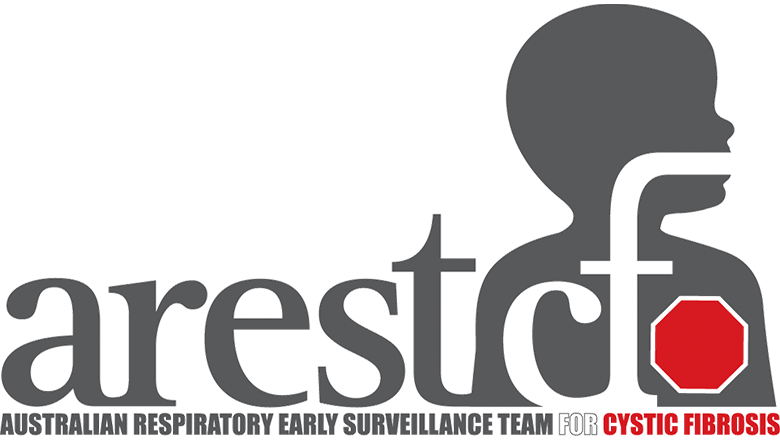Search
Research
Automatic bronchus and artery analysis on chest computed tomography to evaluate the effect of inhaled hypertonic saline in children aged 3-6 years with cystic fibrosis in a randomized clinical trialSHIP-CT showed that 48-week treatment with inhaled 7% hypertonic saline (HS) reduced airway abnormalities on chest CT using the manual PRAGMA-CF method relative to isotonic saline (IS) in children aged 3-6 years with cystic fibrosis (CF). An algorithm was developed and validated to automatically measure bronchus and artery (BA) dimensions of BA-pairs on chest CT. Aim of the study was to assess the effect of HS on bronchial wall thickening and bronchial widening using the BA-analysis.
Research
The effect of inhaled hypertonic saline on lung structure in children aged 3-6 years with cystic fibrosis (SHIP-CT): a multicentre, randomised, double-blind, controlled trialIn the Saline Hypertonic in Preschoolers (SHIP) study, inhaled 7% hypertonic saline improved the lung clearance index in children aged 3-6 years with cystic fibrosis, but it remained unclear whether improvement is also seen in structural lung disease. We aimed to assess the effect of inhaled hypertonic saline on chest CT imaging in children aged 3-6 years with cystic fibrosis.
Research
Reducing exacerbations in children and adults with primary ciliary dyskinesia using erdosteine and/or azithromycin therapy (REPEAT trial): study protocol for a multicentre, double-blind, double-dummy, 2×2 partial factorial, randomised controlled trialPrimary ciliary dyskinesia (PCD) is a rare, progressive, inherited ciliopathic disorder, which is incurable and frequently complicated by the development of bronchiectasis. There are few randomised controlled trials (RCTs) involving children and adults with PCD and thus evidence of efficacy for interventions are usually extrapolated from people with cystic fibrosis.
Research
Spring-infusors: How a simple and small solution can create king-sized complexityThe aims of the study were to investigate family and hospital staff views about the use of spring-infusor devices for administration of intravenous antibiotic medications, to examine if the device is acceptable and feasible and to map a process for implementation.
Research
Protocol for a study of the psychosocial determinants of health in early childhood among children with cystic fibrosisThis protocol outlines the study aims to investigate the causal effect of psychosocial functioning, parenting and attachment on physical health outcomes in...
Research
Alpha-1 antitrypsin mitigates the inhibition of airway epithelial cell repair by neutrophil elastaseFree NE activity is deleterious for epithelial homeostasis and support the hypothesis that proteases in the airway contribute to CF structural lung disease
Research
Protocol For Study Of Information Needs Of Parents Of Infants Newly Diagnosed With Cystic FibrosisThis study aimed to investigate the information needs, priorities, and information-seeking behaviours of parents of infants newly diagnosed with CF.

News & Events
Cystic fibrosis research a Eureka Prize finalistA world-leading cystic fibrosis research program, based at The Kids Research Institute Australia, is a finalist in the 2015 Australian Museum Eureka Prizes.
News & Events
Healthy lungs, healthy lifeThe lungs are one of the last organs in the body to develop as a baby grows. They're also one of the most important.
Research
Prevalence of tracheobronchomalacia is higher than previously reported in children with cystic fibrosisTracheobronchomalacia (TBM) is estimated to be present in 1 in 2100 children. Previous reports suggest the prevalence is higher in children with cystic fibrosis (CF). This has clinical implications with potential to influence airway clearance and lung health.
